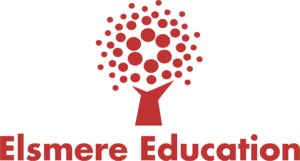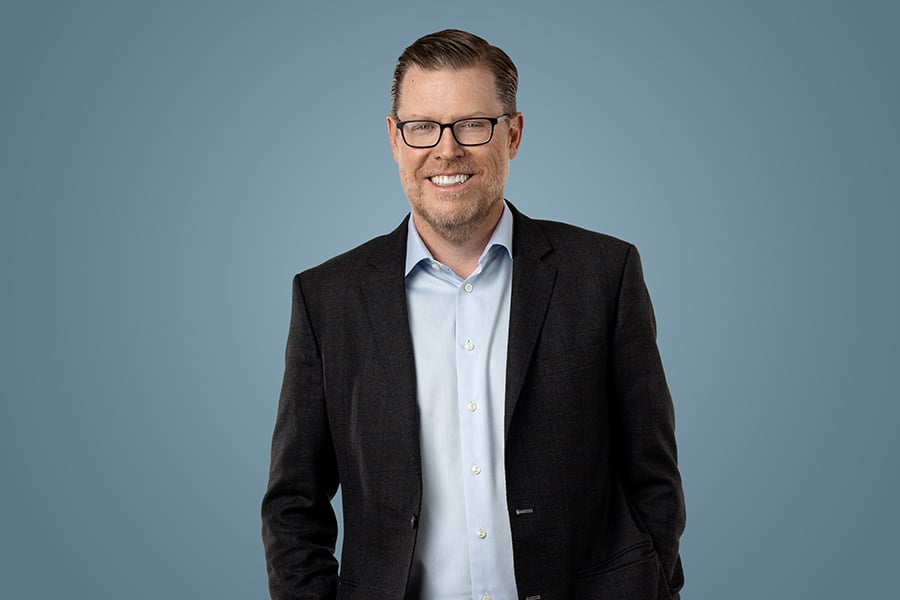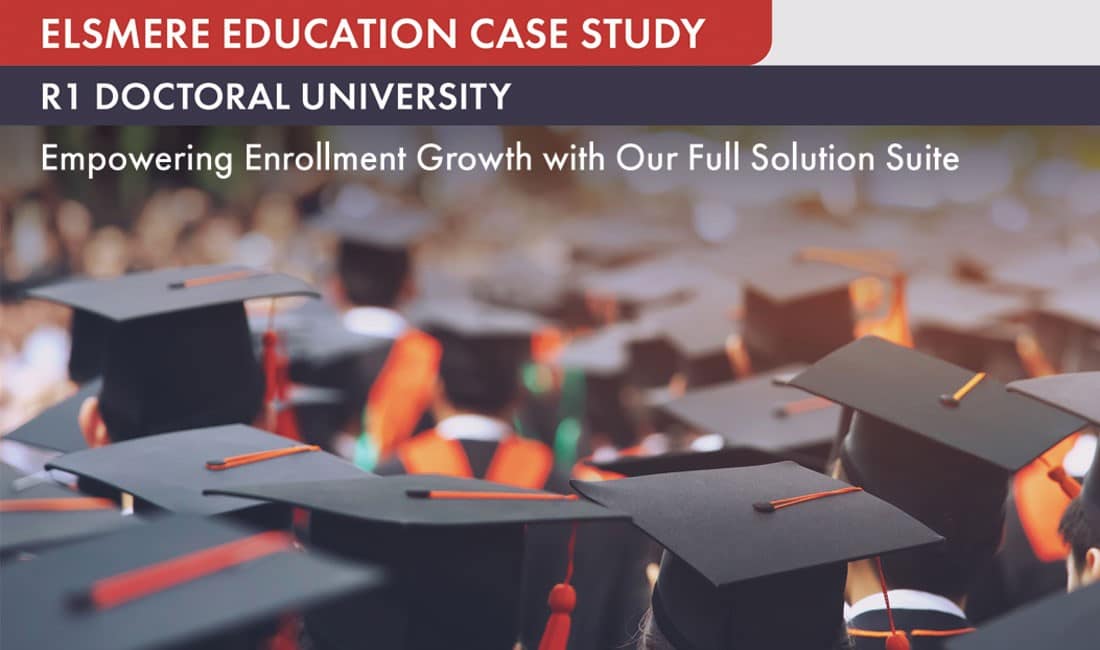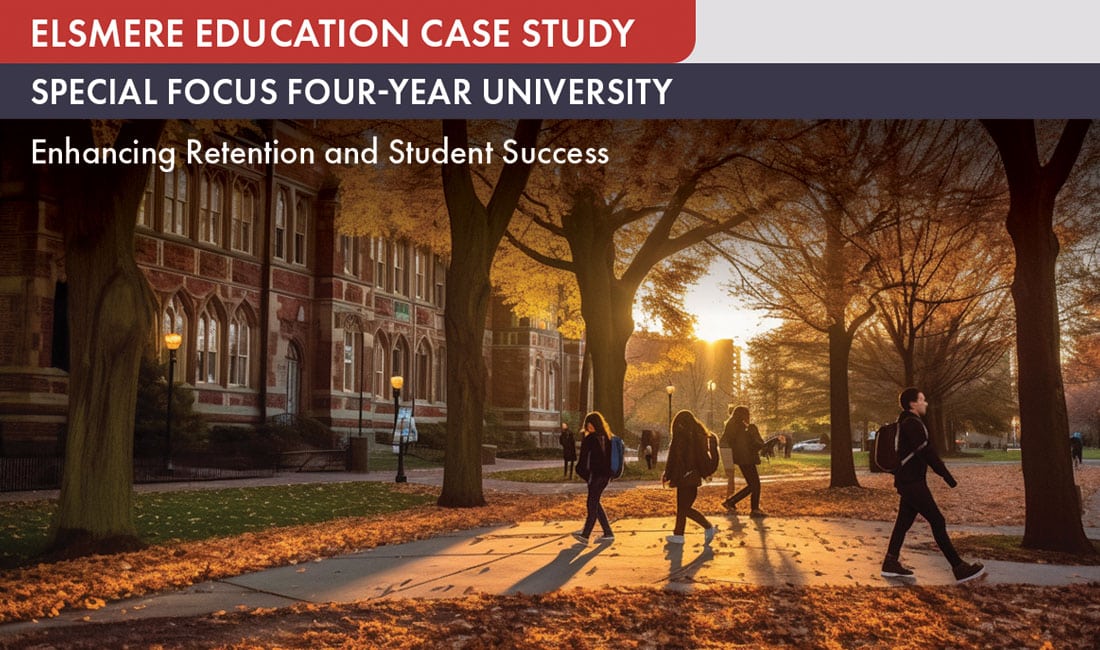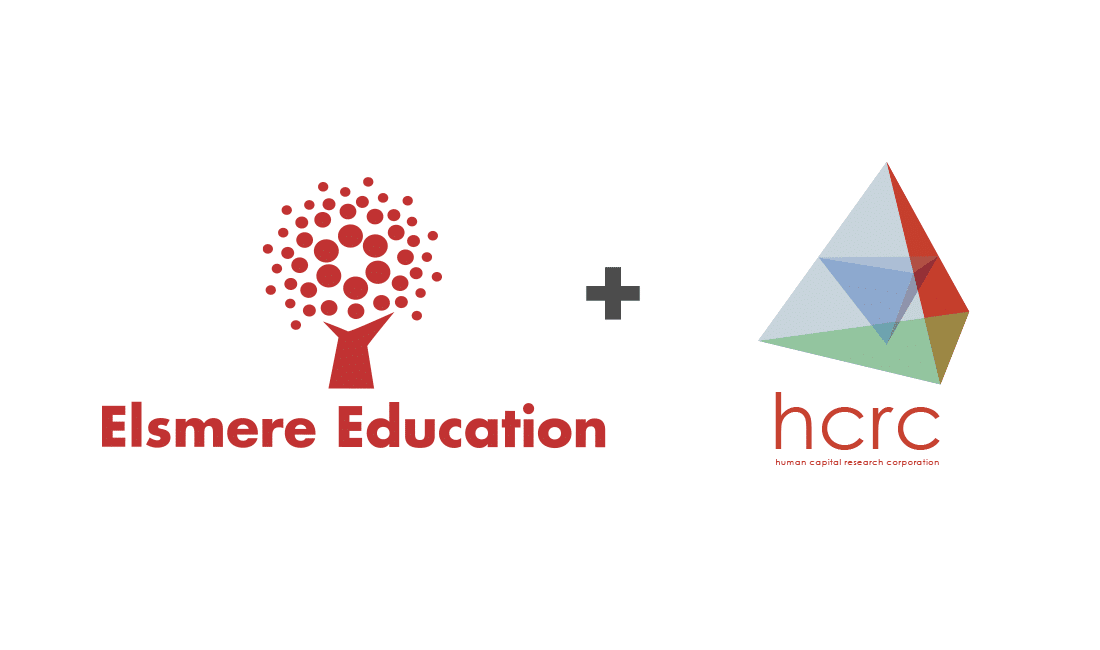How is Elsmere Education Different?
I am frequently asked to explain what makes Elsmere Education different from other Online Program Management (OPM) companies assisting colleges and universities with their online programs. While I structure my response differently based on the context of the conversation, I always include the following key points.
1. Elsmere is an Online Program Enabler – which is different than an OPM.
Think of us as a hybrid between creating, launching and managing an online program internally and using an OPM. Our solution is tailored to fit each institution’s needs and goals.
2. Short contracts and significantly lower revenue shares.
We accomplish this by asking universities to reimburse us for actual marketing costs and we keep student acquisition costs very low. Additionally, short-term contracts just make more sense. If we both like the partnership, we will continue – if not, we will break up.
3. The last difference – and this is a big one – is that we are willing to help our university partners build internal capacity.
You’re probably thinking, “Wait – doesn’t that mean an institution could take their online program management in-house someday?” Yes, it does, and that is okay because there will always be another university ready to build and learn.
It’s right for the students – so it’s right for Elsmere and the institutions we partner with.
At Elsmere, we are concerned about the economic challenges institutions are facing and the rising level of student debt. Our answer is creating value – which is why we help our partners launch online programs that are profitable for both the institutions and for students. We invest in in-depth market research to ensure that each program will lead to career advancement and is priced to deliver a strong Return on Investment (ROI) in a reasonable period for graduates.
EEI’s model is possible because I bootstrapped the company and did not take outside capital, and we operate profitably under this model. And frankly, because of this, we get to focus on the student and our partner’s success–not financial backers or a publishing parent requiring 10-year contracts and 60% revenue share deals. Those kinds of deals lead to unintended consequences–higher-priced programs, more debt for students, less faculty and institutional control, and so on. We want to help institutions avoid this kind of relationship and build true, transparent partnerships.

